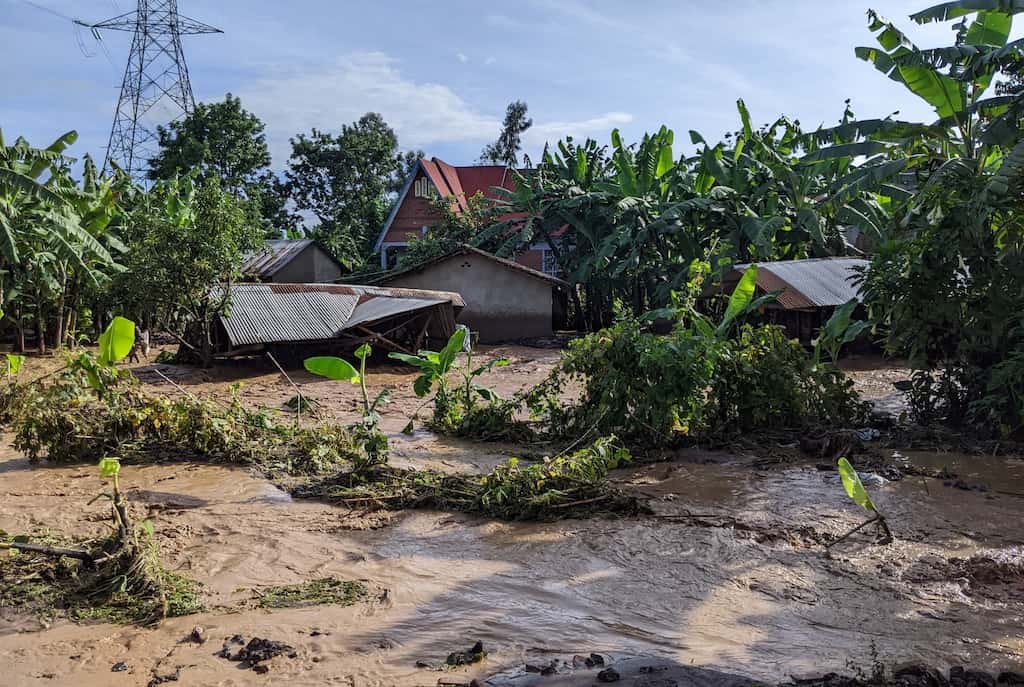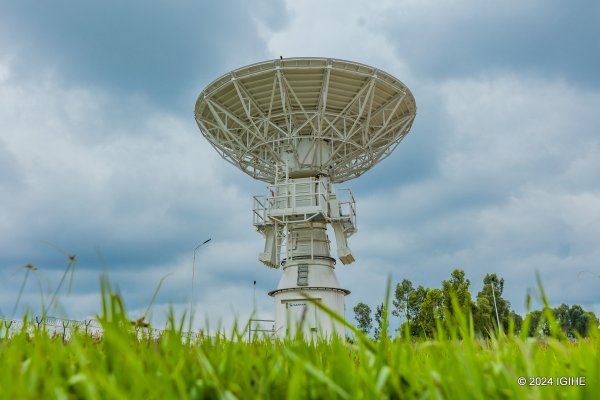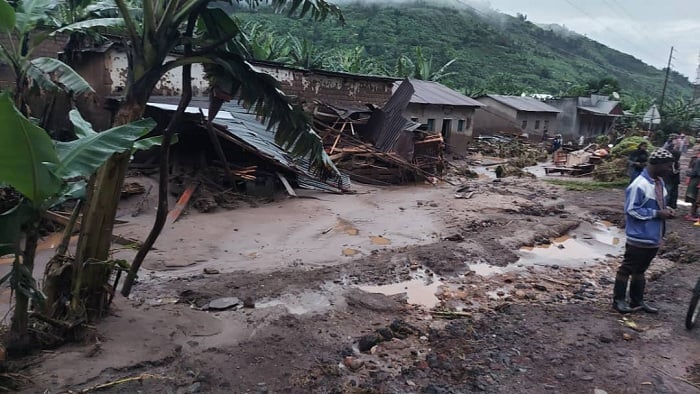Climate Change: A race Outpacing cooperation among East African Nations
As the global community intensifies its efforts to address the impacts of climate change, countries in East Africa including Rwanda, Burundi, Kenya, Tanzania, Uganda, and others,have yet to establish strong regional cooperation to confront this urgent threat.
In Rwanda, the effects of climate change have become increasingly evident over recent years. Districts such as Rubavu, Musanze, Nyabihu, and Rutsiro have suffered severe flooding and landslides triggered by heavy rainfall, resulting in loss of lives, destruction of livestock, homes, and crops.
In response, the Rwandan government, through the Rwanda Environment Management Authority (REMA) and partnering organizations, launched initiatives focused on relocating vulnerable communities, reforestation, promoting clean energy, and constructing resilient, eco-friendly settlements.
However, Rwanda is not alone in facing climate-related disasters. Burundi has also been significantly impacted.
Heavy rains have caused widespread flooding in areas like Gatumba and Muyinga, displacing communities, destroying farmland, and damaging critical infrastructure.
Yet, compared to Rwanda, Burundi’s climate response remains less robust, despite small steps such as public campaigns encouraging tree planting and soil erosion control.
Why is regional cooperation lacking?
Although East African countries have signed major international climate agreements including the Paris Agreement, most climate actions remain confined within national borders.
Each country operates its programs independently, often with little coordination, delaying the collective regional response necessary to confront shared environmental threats effectively.
For example, while Rwanda has implemented a comprehensive long-term framework, the Green Growth and Climate Resilience Strategy,Burundi has yet to develop a similar long-term vision for climate preparedness.
Data from the Rwanda Space Agency (RSA) indicates significant variation in atmospheric conditions across East Africa, largely due to differing national environmental practices.
According to an RSA climate monitoring expert, among the 24 atmospheric elements tracked, countries like Kenya and Burundi have the highest levels of harmful emissions, leading to significant discrepancies across the region.
He noted, “Countries in the region lack a unified agenda. In Rwanda, we invest heavily in climate change prevention, while countries like Kenya and Burundi prioritize responding to climate impacts. These are fundamentally different strategies. Without alignment, collective action is severely weakened.”
The expert also emphasized that nitrogen and other pollutant levels vary greatly across East African nations, a reflection of the disparities in environmental governance and policy priorities.
What Is Needed for East Africa?
Climate experts argue that stronger regional cooperation involving governments, civil society, and the private sector is critical.
This need for collaboration underpins the convening of international environmental summits aimed at developing coordinated strategies for climate action.
Key proposals to enhance regional cooperation include:
Establishing an East African Climate and Disaster Prevention Alliance;
Harmonizing climate monitoring efforts across countries;
Promoting cross-border information sharing on environmental data;
Strengthening joint conservation of forests, rivers, and other shared ecosystems.
Experts unanimously agree: no single country can effectively tackle climate change in isolation. Regional partnerships, coordinated planning, and shared resources are crucial to building resilience.
Rwanda’s Role Through Space Technology
The region’s capacity to manage climate challenges has been boosted by the establishment of the Rwanda Space Agency (RSA), a government institution tasked with overseeing satellite and space initiatives.
Established in 2020, RSA’s mission is to promote research, innovation, and the use of space technology to advance national and regional interests.
RSA’s activities include:
Developing and managing satellite programs for communication, Earth observation, and environmental monitoring;
Advancing space science education and skills development;
Building Rwanda’s capacity to independently launch and collaborate on satellite missions;
Managing satellite-derived data for use in climate monitoring, agriculture, land use, and other sectors.
In collaboration with international partners, RSA has launched small satellites like RWASAT-1, providing valuable land and agricultural data and offering a model for how space technology can strengthen intergovernmental cooperation across East Africa.
As climate change continues to intensify, experts stress that the future of East Africa’s resilience will depend not only on national initiatives but, more importantly, on the strength of its regional partnerships.




